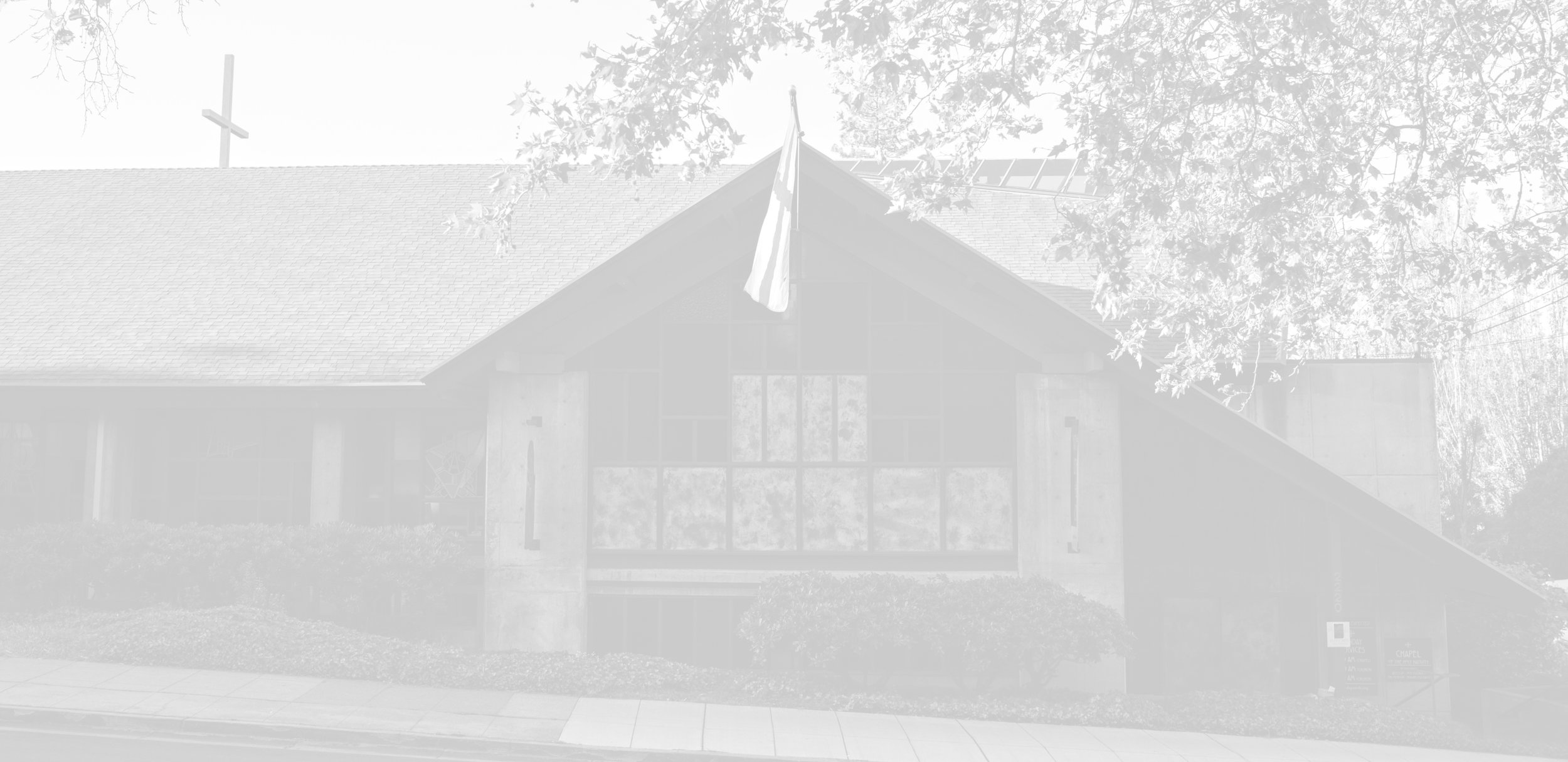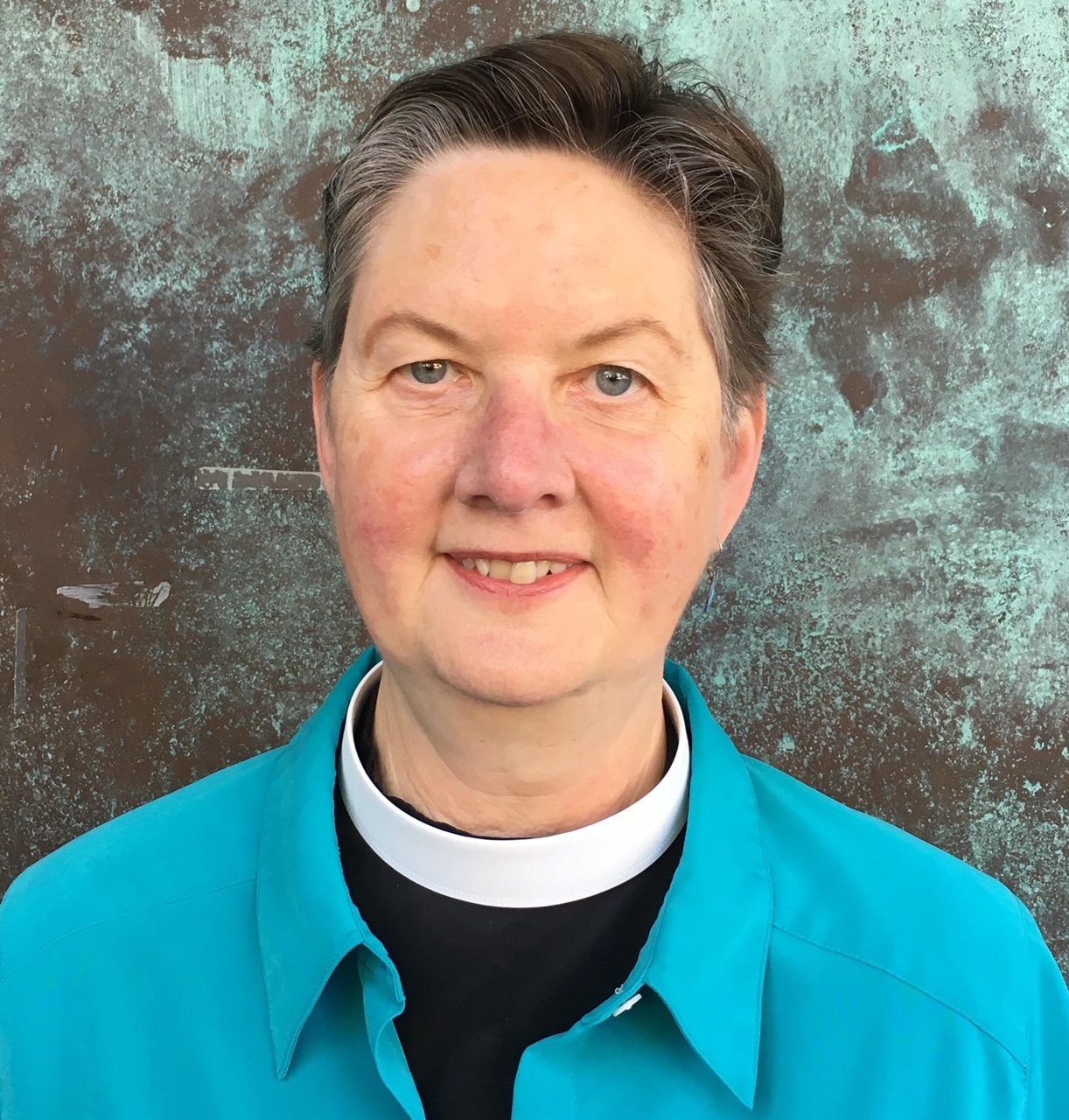
Sermons
All Preachers
- Alison Fischer
- Ari Wolfe
- Brother Emile
- Brother John
- Dan Carlson
- Dr. Scott MacDougall
- Emily Hansen Curran
- Harlowe Zefting
- Jack Bellioli
- José Quiñonez
- Marc Rieke
- Melissa Devereaux
- Michael Drell
- Nathan Brostrom
- Nydia MacGregor
- The Rev. Annie Jones
- The Rev. Clark Berge
- The Rev. Cn. Alissa Newton
- The Rev. Dani Gabriel
- The Rev. Dr. Daniel Prechtel
- The Rev. Dr. Mark Richardson
- The Rev. Dr. Paula Nesbitt
- The Rev. Dr. Ruth Meyers
- The Rev. Emily Boring
- The Rev. Helen Laverty McPeek
- The Rev. Joseph Delgado
- The Rev. Kristin White
- The Rev. Laura Eberly
- The Rev. Liz Tichenor
- The Rev. Maggie Foote
- The Rev. Marguerite Judson
- The Rev. Martin Elfert
- The Rev. Nikky Wood
- The Rev. Paula Nesbitt
- The Rev. Phil Brochard
- The Rev. Will Bryant
- The Rt. Rev. Eugene Sutton
- The Rt. Rev. Marc Hadley Andrus
- The Rt. Rev. Nedi Rivera
- The Very Rev. Dr. Peggy Patterson
- Tom Varghese
- Tripp Hudgins
- the Rev. Michael Lemaire
All Months
- January 2018
- February 2018
- March 2018
- April 2018
- May 2018
- June 2018
- July 2018
- August 2018
- September 2018
- October 2018
- November 2018
- December 2018
- January 2019
- February 2019
- March 2019
- April 2019
- May 2019
- June 2019
- July 2019
- August 2019
- September 2019
- October 2019
- November 2019
- December 2019
- January 2020
- February 2020
- March 2020
- April 2020
- May 2020
- June 2020
- July 2020
- August 2020
- September 2020
- October 2020
- November 2020
- December 2020
- January 2021
- February 2021
- March 2021
- April 2021
- May 2021
- June 2021
- July 2021
- August 2021
- September 2021
- October 2021
- November 2021
- December 2021
- January 2022
- February 2022
- March 2022
- April 2022
- May 2022
- June 2022
- July 2022
- August 2022
- September 2022
- October 2022
- November 2022
- December 2022
- January 2023
- February 2023
- March 2023
- April 2023
- May 2023
- June 2023
- July 2023
- August 2023
- September 2023
- October 2023
- November 2023
- December 2023
- January 2024
- February 2024
- March 2024
- April 2024
- May 2024
- June 2024
- July 2024
- August 2024
- September 2024
- October 2024
- November 2024
- December 2024
- January 2025
the Seventeenth Sunday after Pentecost
The Rev. Dr. Ruth Meyers
In her sermon, the Rev. Dr. Ruth Meyers discusses discomfort around the term "Christian" due to its association with Christian nationalism, a movement that seeks to impose Christian values on the United States and is tied to white supremacy, anti-immigrant views, and political violence. The Episcopal Church has opposed this ideology, promoting instead the Gospel’s values of love, justice, and peace. She reflects on Jesus’s call to "take up your cross," interpreting it as a call to embrace the challenges of fighting for justice, not passively accepting suffering. The sermon emphasizes the need to reclaim Christian identity as followers of Jesus’ way of love and service, rather than political dominion.
the Sixteenth Sunday after Pentecost
Michael Drell
Michael's sermon reflects on familiar yet uncomfortable themes from the Bible, focusing on Jesus' interaction with the Syrophoenician woman in Mark’s Gospel. Drawing from various interpretations, including feminist critiques, he explores how this story reveals Jesus as a human capable of growth and change. The woman’s persistence and cleverness challenge Jesus, leading to the expansion of his mission to include all people, even those outside his community. The sermon encourages reflection on personal transformation and the power of words to heal and bring change.
the Fifteenth Sunday after Pentecost
the Rev. Phil Brochard
The Rev. Phil Brochard recalls a conversation from 30 years ago about creating a "no rules" summer camp, where teenagers could learn to make ethical decisions without strict enforcement. He reflects on a biblical story where Jesus is confronted by Pharisees for his disciples' failure to follow hand-washing traditions, illustrating how righteousness should not be about outward observance of rules but about inner transformation and a genuine relationship with God. The sermon urges the audience to return to the root of their faith, focusing on what truly matters—living with a heart changed by compassion and justice.
the Fourteenth Sunday after Pentecost
the Rev. Emily Boring
Emily's sermon reflects on Jesus' declaration, "I am the bread of life," exploring its comforting and profound significance. It delves into the multifaceted symbolism of bread as nourishment, memory, and spiritual sustenance. The sermon also examines the varied responses to Jesus' message, focusing on Simon Peter's momentous declaration of faith. It concludes by emphasizing that Jesus' invitation to eternal life is not a demand but a gracious offering of fullness and connection with God.
the Thirteenth Sunday after Pentecost
The Rev. Marguerite Judson
In this sermon, the Rev. Marguerite Judson contrasts Solomon's politically-driven reign, marked by violence and idolatry, with Jesus' selfless offering of eternal life as the "bread of life." Solomon's actions, though wise by worldly standards, lead to spiritual downfall, while Jesus offers a transformative, present-tense eternal life to believers. The sermon emphasizes that this life is available now, inviting believers into the intimate love of the Trinity.
the Twelfth Sunday after Pentecost
Harlowe Zefting, Seminarian
Harlowe’s sermon explores the dramatic Old Testament story about King David’s troubled family. She recounts the tragic events surrounding David’s children, including assault, murder, and rebellion, illustrating the consequences of David's inaction. The sermon challenges the congregation to confront injustice and evil rather than turning away, emphasizing that even in our darkest moments, God remains with us, and our faith journey continues.
the Eleventh Sunday after Pentecost
the Rev. Dr. Mark Richardson
In this sermon, the Rev. Mark Richardson emphasizes the theme of unity as highlighted in the epistle from Ephesians, where "Oneness" is mentioned repeatedly to stress its importance in the church. He reflects on the challenges of achieving unity in the face of cultural divisions in contemporary society, urging the church to model unity by embracing diversity and practicing love through humility, gentleness, and patience. The sermon calls for a deeper understanding of God as an inexhaustible mystery beyond human comprehension, urging the congregation to build a community that reflects this divine unity and love.
the Tenth Sunday after Pentecost
the Rev. Emily Boring
The Rev. Emily Boring, a former marine-biologist-turned-priest draws from her ichthyology background to discuss the Gospel passages of Jesus feeding the 5,000 and walking on water. She emphasizes the significance of boundaries and human limitations, highlighting how these moments of scarcity and fear become transformative experiences of God's abundance and presence. The sermon encourages a humble curiosity and openness to going to the limits of human knowing and resources.
the Ninth Sunday after Pentecost
The Rev. Joseph Delgado
The sermon focuses on the importance of truly listening and responding to others, drawing from personal experiences and Mark 6. It emphasizes the need for faith and community in the face of overwhelming suffering and challenges, encouraging believers to be beacons of hope and love in the world. Personal anecdotes illustrate the power of faith and resilience, urging the congregation to trust in God's presence and embody Christ's love.
the Eighth Sunday after Pentecost
Emily Hansen Curran, Associate for Ministry Development
This week's sermon from Mark 6 discusses the story of King Herod beheading John the Baptist. Herod, drunk at his birthday party, promises his daughter Salome anything she wishes. Influenced by her mother Herodias, Salome asks for John the Baptist's head. Though grieved, Herod fulfills her request. The sermon emphasizes the importance of listening to prophetic voices that speak restorative truths, despite the cost. It challenges us to live with integrity and protect the vulnerable. Despite obstacles, Jesus' subsequent miracles affirm that God's truth will ultimately prevail.
the Seventh Sunday after Pentecost
the Rev. Mark Richardson
This sermon explores how preconceived notions and expectations can hinder one's ability to truly understand and accept Jesus. The preacher draws a parallel between high school reunions and Jesus’ return to his hometown. Jesus faced rejection and misunderstanding due to his community's fixed narrative about him, a theme echoed throughout his encounters with religious authorities and even his closest friends. The speaker emphasizes the importance of letting go of our expectations to fully receive Jesus’ transformative power and follow his path of radical inclusivity and self-giving love. A personal story about the speaker’s son seeing Jesus in the faces of the marginalized underscores this message.
the Fifth Sunday after Pentecost
the Rev. Michael Lemaire
In this sermon, the Rev. Michael Lemaire explores the themes of faith, trust, and God's sovereignty through the stories of David and Goliath and Jesus calming the storm. He highlights that David's victory and Jesus' calming of the sea both demonstrate God's power and presence with us amid any circumstances. The sermon challenges listeners to shift their perspective from seeing themselves as the main characters in their lives to recognizing God as the central figure. It also addresses the issue of modern idols and the need for a continuous reevaluation of our understanding of God. Finally, it emphasizes the importance of confronting our mortality to deepen our connection with God and live out our faith more fully.
the Fourth Sunday after Pentecost
the Rev. Dr. Mark Richardson
The sermon, prepared by the Reverend Mark Richardson and delivered in his absence, explores the unpredictable nature of life and the importance of faith in navigating it. Using the parable of the planter, he illustrates how God's kingdom unfolds beyond our control, requiring trust and loyalty to God. The sermon encourages active participation in social and environmental ministries, highlighting that small acts of kindness contribute to God's larger plan. It concludes by urging humility and commitment to nurturing God's field, trusting in the divine process even when outcomes are uncertain.
the Third Sunday after Pentecost
the Rev. Phil Brochard
In this sermon, the Rev. Phil Brochard discusses the tension between Jesus and his family in Mark 3, emphasizing the urgency of his early ministry and the desperation of the crowds seeking his healing. Jesus faces escalating conflict with religious authorities and refutes accusations of demonic alliances with a parable about a divided house. He redefines family as those who do God's will, a challenging concept that his family eventually embraces, becoming key figures in the Christian movement. The sermon calls for collective dedication to God's will, responding to brokenness with healing and sacrifice.
the Second Sunday after Pentecost
the Rt. Rev. Dr. Marc Handley Andrus
In this sermon, Bishop Andrus reflects on his journey as a Bishop, the importance of community, and the intertwined nature of privilege and responsibility. He shares a story from a documentary about the Episcopal Church's role in the slave trade to illustrate the complexities of privilege. He urges the congregation to live as a community and listen to God’s voice, despite the challenges in confronting past wrongdoings, and reassures them of God’s unwavering love and call to a fuller life.
the First Sunday after Pentecost: Trinity Sunday
Emily Hansen Curran
Emily Hansen Curran, our Associate for Ministry Development, discusses the story of Nicodemus and the concept of being "born again.” She reclaims this phrase and emphasizes that it involves a profound personal and communal transformation. Her sermon highlights that true spiritual rebirth requires embracing uncertainty, vulnerability, and a willingness to start anew. Emily underscores the importance of community in supporting each other through this journey of faith.
Pentecost
the Rev. Phil Brochard
The Rev. Phil Brochard reflects on the disciples waiting for the Holy Spirit after Jesus’ ascension, emphasizing that they couldn't have anticipated the transformative experience of Pentecost. He suggests that authentic communication and connection, driven by the Holy Spirit, are crucial for Christians. The sermon encourages listening and loving communication as ways to bridge divides and foster deeper connections with God and others.
the Seventh Sunday of Easter - Celebrating the Feast of the Ascension
the Rev. Emily Boring

Sermon Archives ––––
Until we get migrate over our archives, you can head over to our old site to listen to past sermons.












